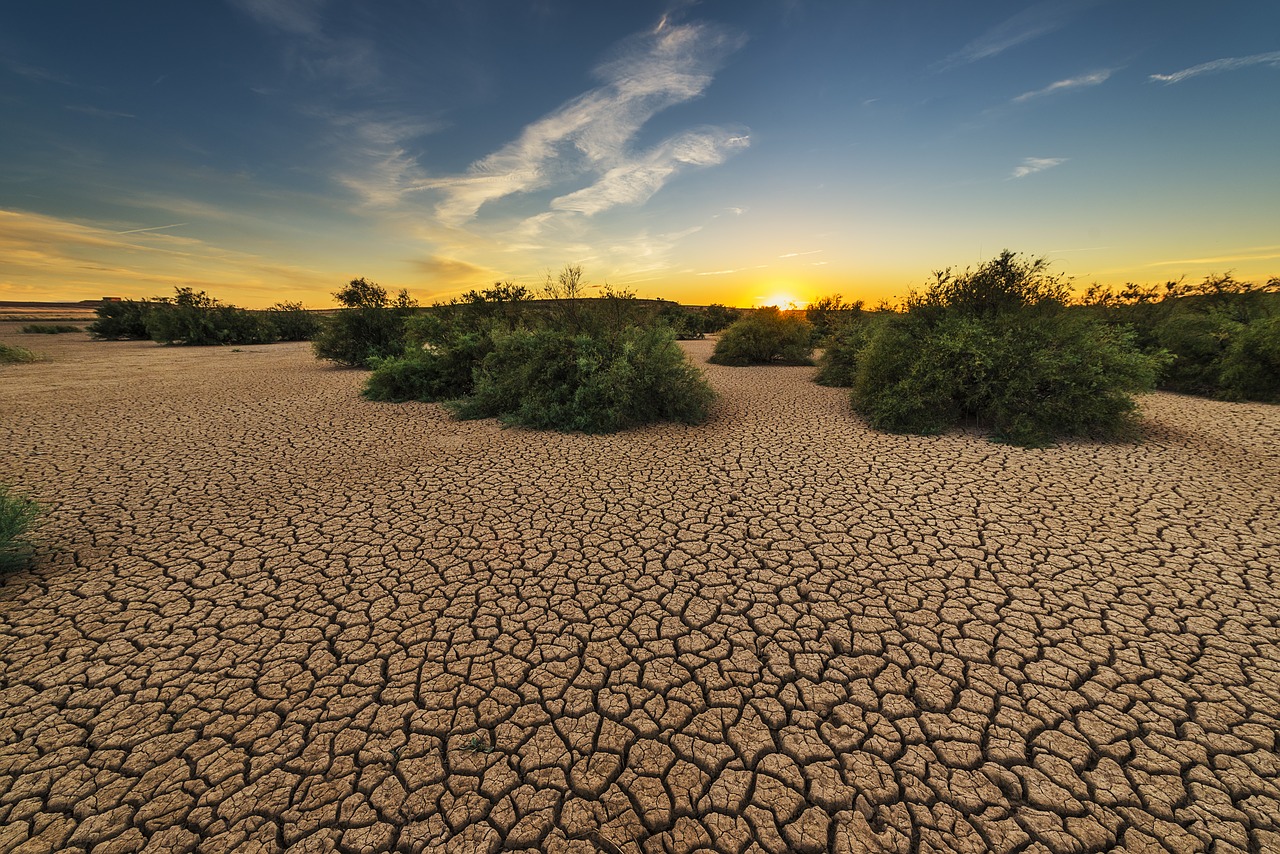Cape Town is Out of Water: What Can Living Soils Do to Help?
Published: November 28, 2017
Rainfall over 2017 in Cape Town, South Africa has been dismal. The city is experiencing the worst drought in over a century, and the city has about 10% of its usual water capacity available. The water is estimated to last the city until mid-July, with strict usage regulations already in place.
Regenerative agriculture rebuilds degraded agricultural soils and increases the soil organic matter in those lands. Just 1% of soil organic matter in an acre of land can hold as much water as a backyard swimming pool, serving as a reservoir of water in dry times like the current conditions. This can help reduce the water pressures caused by agricultural irrigation, which could instead be diverted to drinking water for residents. Unfortunately, lands farmed using conventional farming methods have gotten down into the 1–3% soil organic matter range, when they should be in the 6–8% range. That’s a shortage of 60,000–140,000 gallons of water per acre that the soil should be holding.

